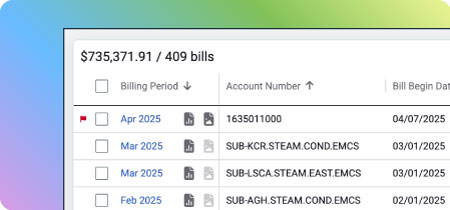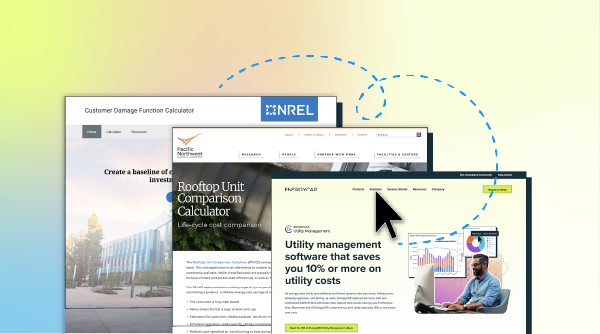 For many people, the talents and skills required of energy managers are as shrouded in mystery as the Wizard of Oz. For today’s blog, let’s pull back the curtain to dispel four myths about energy managers.
For many people, the talents and skills required of energy managers are as shrouded in mystery as the Wizard of Oz. For today’s blog, let’s pull back the curtain to dispel four myths about energy managers.
Myth #1: They’re Loners
A recent survey of energy manager job descriptions revealed that today’s energy manager is far from isolated. Odds are that he/she is serving in a leadership capacity on one or more project teams.
Data suggests that nearly 90 percent of energy managers are involved in project management, and over half have significant team leadership responsibilities. Communication and relational skills are vitally important in their work, and are valued highly during the recruitment phase of the typical energy manager job search.
Myth #2: They’re Doctors
Many might think that the energy management field is so specialized that it requires a terminal degree to perform. In actuality, for some energy management jobs, on-the-job training can substitute even for a bachelor’s degree. But you may need six years of job experience to compensate for the lack of that degree! Experience is highly valued in the industry, with employers generally looking for at least five years. For many positions, eight to ten years of experience may be necessary to make the grade.
Myth #3: They’re Office-Bound
Although data analysis is an important energy management task, most energy managers are not bound to an office or cubicle. As a rule, they’re on the prowl for data, and their forays may take them multiple places on any given work day. The reasons for this are simple—energy projects need personal attention, and that means feet on the ground. Thomas Ochtera, Energy Coordinator for the City of Westminster (CO), puts it plainly: “You can’t replace … going out. You physically have to go onsite and troubleshoot.”
Myth #4: They’re Coders
Considering all the interest in ‘big data’, smart meters, and automated EMS (energy management systems), you might think that today’s energy manager needs to be a computer geek with a computer science degree and an IT emphasis. Not so! Pull back the curtain on the Great and Powerful Oz and you will discover that skills with a spreadsheet are enabling the modern energy manager to meet most analytical and reporting requirements for the job.
Employers will occasionally request experience with a specific software tool as a prerequisite for hiring, but that is the exception rather than the rule. That being said, most energy managers can and do continue to develop their software knowledge on the job, since specialized software can offer so much value. More reporting mandates and growing corporate communication needs are increasingly requiring an accessible organizational energy database with place, meter, and account-based historic use/cost data.
Are your energy analysis and communication needs changing? Maybe you could use some new Wizarding software tools.
{{cta(’31d5d470-5aab-4cc8-8aa0-eef4ce7ad014′)}}


 For many people, the talents and skills required of energy managers are as shrouded in mystery as the Wizard of Oz. For today’s blog, let’s pull back the curtain to dispel four myths about energy managers.
For many people, the talents and skills required of energy managers are as shrouded in mystery as the Wizard of Oz. For today’s blog, let’s pull back the curtain to dispel four myths about energy managers.

![Top 12 sustainability reporting platforms (ESG) [2026]](https://www.energycap.com/wp-content/uploads/2025/11/blog_thumb_top-sustainability-platforms.webp)